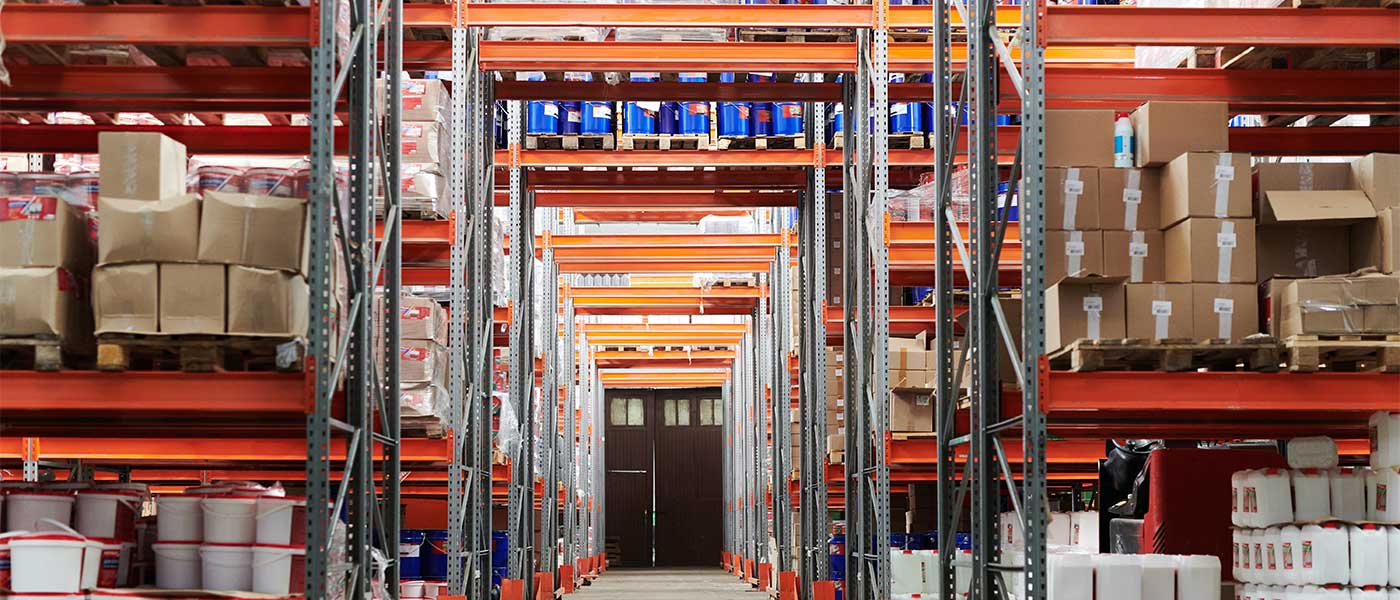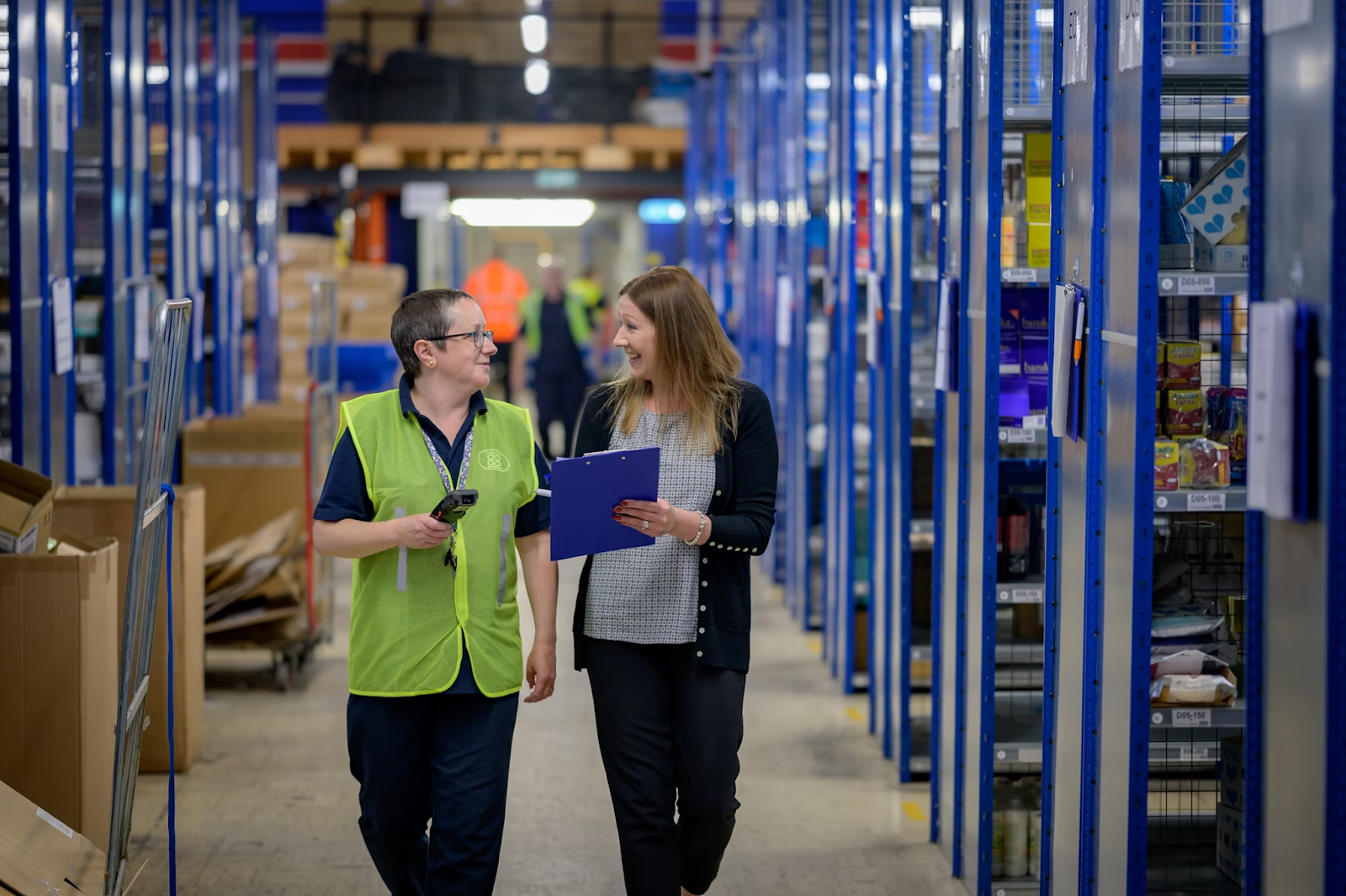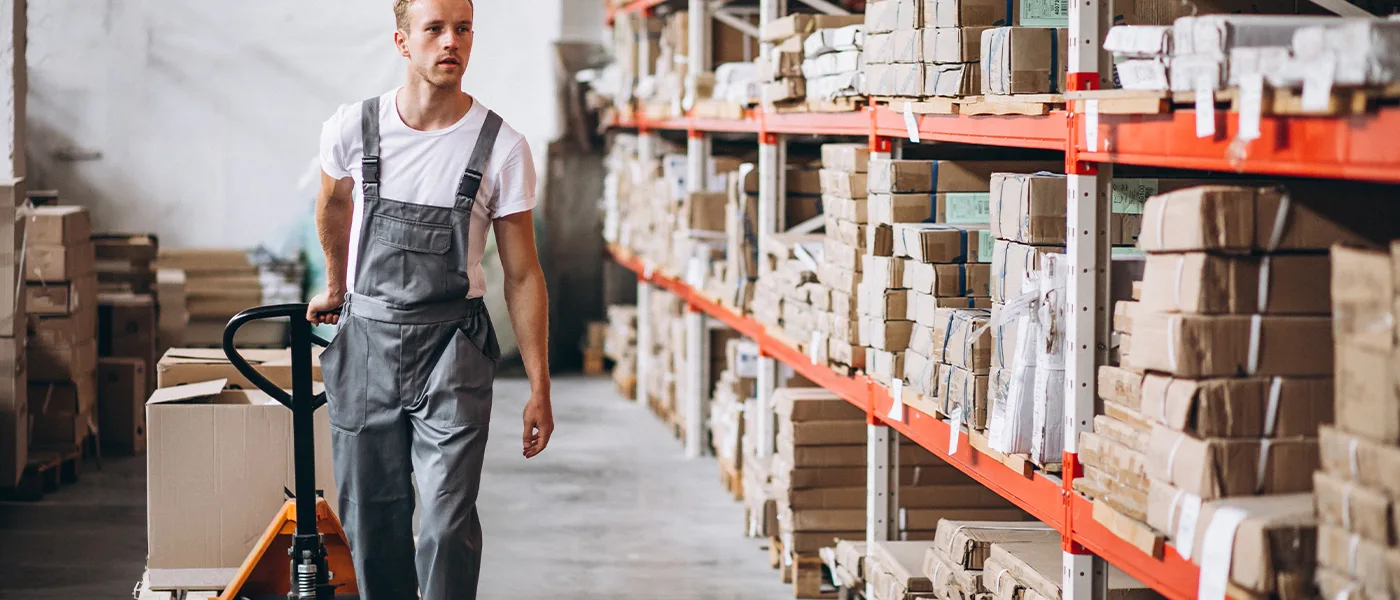Being a consumer-driven economy, Philippine e-commerce remains one of the most promising markets globally. According to a recent eMarketer report, the Philippines is the fastest-growing country in terms of online retail sales growth.
The Covid-19 pandemic may have slowed down the national economy overall, but it has also propelled online entrepreneurship since March 2020 when health protocols and restrictions started to be implemented.
Based on data from Google, Temasek, and Bain in 2020, the country’s e-commerce jumped from US$1 billion in 2015 to US$4 billion in 2020. It is projected to further expand to about US$15 billion by 2025. While the Philippine e-commerce industry is still far from reaching its peak, it can still be considered as an almost untapped market—very promising and full of opportunities especially as the local consumer behavior starts to realize the convenience and advantage of online transactions.
Amid the new normal, there are five compelling reasons why businesses—big or small—operating in the Philippines must get into e-commerce really quick:
High internet and e-commerce penetration rates
A joint research by the World Bank and local government agency National Economic and Development Authority (NEDA) in 2020 found that the Philippines has among the most expensive, yet slowest internet services in the world. The average broadband download speed in the country is 16.76 megabytes per second(mbps) compared to the global average of 32.01 mbps, while 4G mobile average locally is 7 mbps against 13.26 in the Southeast Asian region.
However, connectivity setbacks seem to not affect the usually patient and resilient Filipino consumers from using the internet for transactions. Data from Hootsuite and WeAreSocial in 2021 indicate that 67% or 73.91 million Filipinos (out of a total population of 110.3 million) are regular and active internet users. About 80.7% or 89 million Filipinos are active social media users (some may have multiple accounts), while 35.2% or 38.8 million people purchase goods online.
This is why e-commerce in the Philippines is usually and easily promoted on popular social media platforms like Facebook, Twitter, and Instagram. It paves the way for a more effective and less costly means of reaching out to target consumers across the country.
Steady middle-class growth across the Philippines
The World Bank reported a decline in the poverty rate in the Philippines to 21.6% in 2015 from 26.6% in 2006. In 2019, it described the country as among East Asia-Pacific’s most dynamic economies with strong growth in the middle-class segment. According to its projection, the Philippines will shift into an upper-middle-income nation in the near term with average salaries to be at US$3,896 to US$12,055.
The bullish outlook was attributed to an emerging upper-middle class comprising of tech-savvy millennials. In a World Economic Forum report in 2018, the Philippines’ middle-class segment is expected to even outspend the middle class of Italy by 2030.
Many financial analysts cite the optimistic view to the accelerated adoption of e-commerce in the Philippines beginning in 2020 when the series of pandemic lockdowns started. To sum this up: Filipinos’ spending power for online purchases continues to grow stronger.
Strong government support for online entrepreneurship
The Philippine government has long been recognizing the potential of e-commerce in the country. In fact, Republic Act No. 8792 or the Electronic Commerce Act was enacted as early as the year 2000. It is aimed at promoting electronic transactions and creating a safe environment for online merchants and consumers.
The Philippine E-Commerce Roadmap 2016-2020 had targeted the number of local enterprises at 500,000 in 2020. Amid the pandemic, the Roadmap 2022 set that target at 750,000 by the end of 2021 and 1,000,000 by the end of 2022. Through the Department of Trade and Industry’s (DTI) partnership with other government agencies and the private sector, the commitment to make more Filipinos digitally literate to further support the growing e-commerce industry remains.
DTI has made establishing businesses faster across the Philippines. Based on agency data, the processing of over half of business name registration applications and other related transactions had been cut to just 8 minutes on average in 2020. About 67% of the registration fees were transacted electronically.
In terms of financing, DTI also keeps its P3 (Pondo sa Pagbabago at Pag-asenso) micro-lending program active to further encourage micro-entrepreneurship by offering loans with as low as 2.5% monthly interest rates and easier payment terms.
Rising interest in unique goods in the Philippines
Prior to the pandemic, Filipino online shoppers were known to be prolific shoppers mostly for goods that cannot be purchased from local retailers. Before fashion brands Uniqlo and H&M established stores in the Philippines in 2012 and 2014, respectively, many Filipinos went to Hong Kong and Singapore to shop from the stores or ordered from online sellers that brought those goods to local consumers despite the compounded shipping costs.
According to a 2019 Nielsen report, many local shoppers opt to shop online to buy imported products that cannot be found and purchased locally. Thus, Philippine-based online sellers can still stand out by offering products that may not be accessed locally. The same goes for unique Filipino products that may be difficult or even impossible to be easily bought at local or nearby brick-and-mortar shops, especially in the countryside.
The increasing popularity of electronic payment methods
Filipinos did not easily and quickly adopt electronic wallets (e-wallets) when those were initially introduced to them. The Financial Inclusion Survey of the Bangko Sentral ng Pilipinas (BSP) in 2017 found that only 1.3% of local consumers opened and owned e-wallet accounts. At the same time, only 1.9% of Filipinos aged 15 years and older owned a credit card.
The pandemic has forced more Filipinos to adopt alternative payment methods as cashless transactions become more preferred due to health and safety reasons. Global data and analytics firm GlobalData estimates that local e-wallets and other electronic payment solutions like PayPal and e-banks accounted for up to 30.6% of overall e-commerce payments in 2021. Credit and debit card payments are estimated to account for 23.5% of total e-commerce payments locally. Though, cash transactions are forecast to remain strong at 29.8%.
The aggressive marketing of e-payment solutions and the realization of convenience are expected to further drive the expansion of electronic payment methods nationwide. This is logically holding a greater potential for local online entrepreneurship and e-commerce.
Conclusion
E-commerce is expected to contribute 5.5% to the economy of the Philippines in 2022, significantly higher than 3.4% in 2021. There are enough reasons for local ventures, especially those categorized as micro, small, and medium-sized enterprises (MSMEs) to bring their businesses online. Entrepreneurship in the country is pivoting to online platforms and this is logically promising and more beneficial for all stakeholders.











